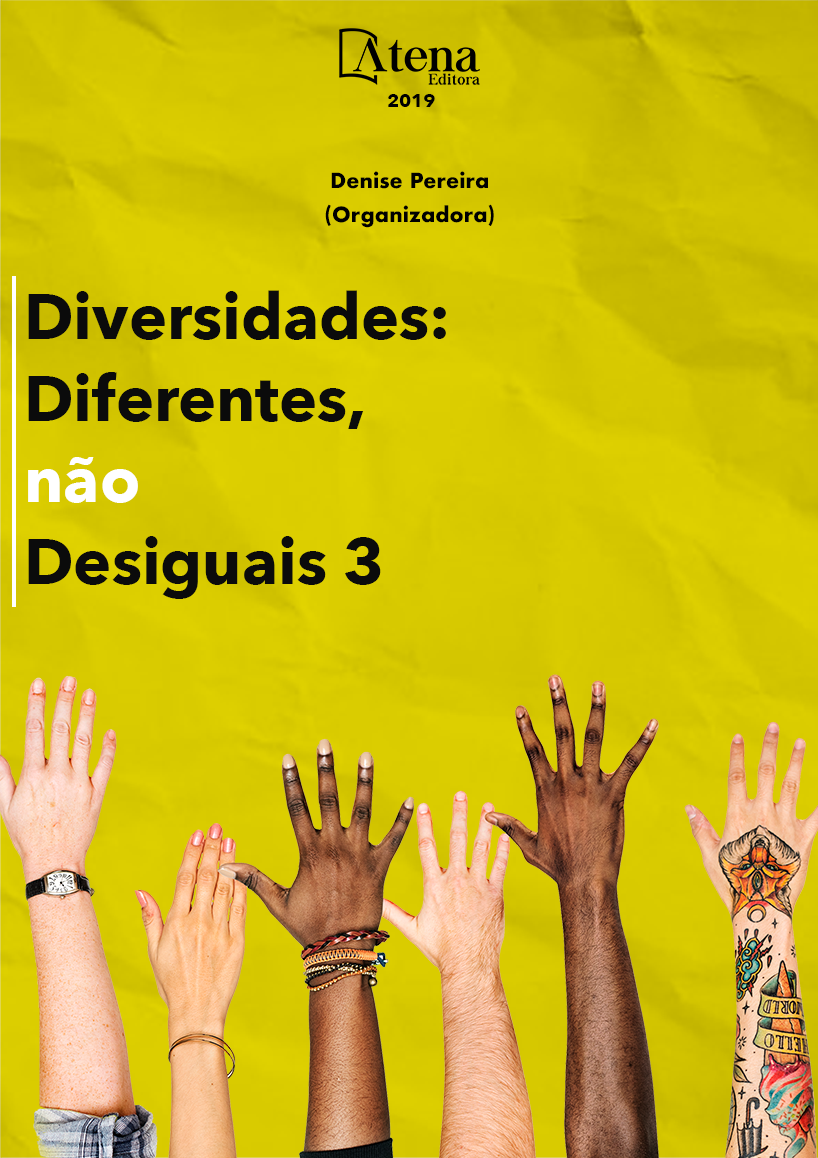
PROJETO PEDAGÓGICO, CONCEPÇÕES E FUNDAMENTOS DE EDUCAÇÃO: UMA ANÁLISE DE ESCOLA DO CAMPO NO MUNICÍPIO DE SANTA RITA.
Este artigo tem como objetivo
investigar concepções e fundamentos de
educação existentes no projeto pedagógico
de escola do campo no município de Santa
Rita- Paraíba. Como base de sustentação
teórica foram utilizados alguns autores, como
Batista(2016); Caldart(2004) e outros. Como
metodologia utilizou-se de pesquisa qualitativa,
sendo realizadas conversas, entrevistas com
gestora escolar, assim como levantamento
do projeto pedagógico, registros e análises.
Como resultado, verificamos que o projeto da
escola se ancora nas Diretrizes Curriculares
Nacionais Gerais para a Educação Básica, na
Constituição Federal de 1988, compreendendo
a educação como direito de todos, considera
a realidade de vulnerabilidade social da
comunidade, as desigualdades sociais do país
e percebe o ensino enquanto possibilidade de
construção de conhecimentos e de intervenção
social. Concluímos, entretanto, a necessidade
de maior vínculo do projeto escolar com a
educação do campo.
PROJETO PEDAGÓGICO, CONCEPÇÕES E FUNDAMENTOS DE EDUCAÇÃO: UMA ANÁLISE DE ESCOLA DO CAMPO NO MUNICÍPIO DE SANTA RITA.
-
DOI: 10.22533/at.ed.92619050220
-
Palavras-chave: concepções; projeto pedagógico; escola do campo.
-
Keywords: conceptions; pedagogical project; country school.
-
Abstract:
This article aims to investigate
conceptions and foundations of education
existing in the pedagogical project of rural school
in the municipality of Santa Rita - Paraíba.
As a base of theoretical support were used
some authors, such as Batista (2016); Caldart
(2004) and others. As a methodology was used
qualitative research, being held conversations,
interviews with school manager, as well as
survey of the pedagogical project, records and
analyzes. As a result, we verified that the school
project is anchored in the General National
Curricular Guidelines for Basic Education, in
the Federal Constitution of 1988, including
education as the right of all, considers the reality
of social vulnerability of the community, the
social inequalities of the country and perceives
teaching as a possibility of building knowledge
and social intervention. We conclude, however,
the need for greater linkage of the school project
with the education of the field.
-
Número de páginas: 15
- Daniele de Souza Farias


